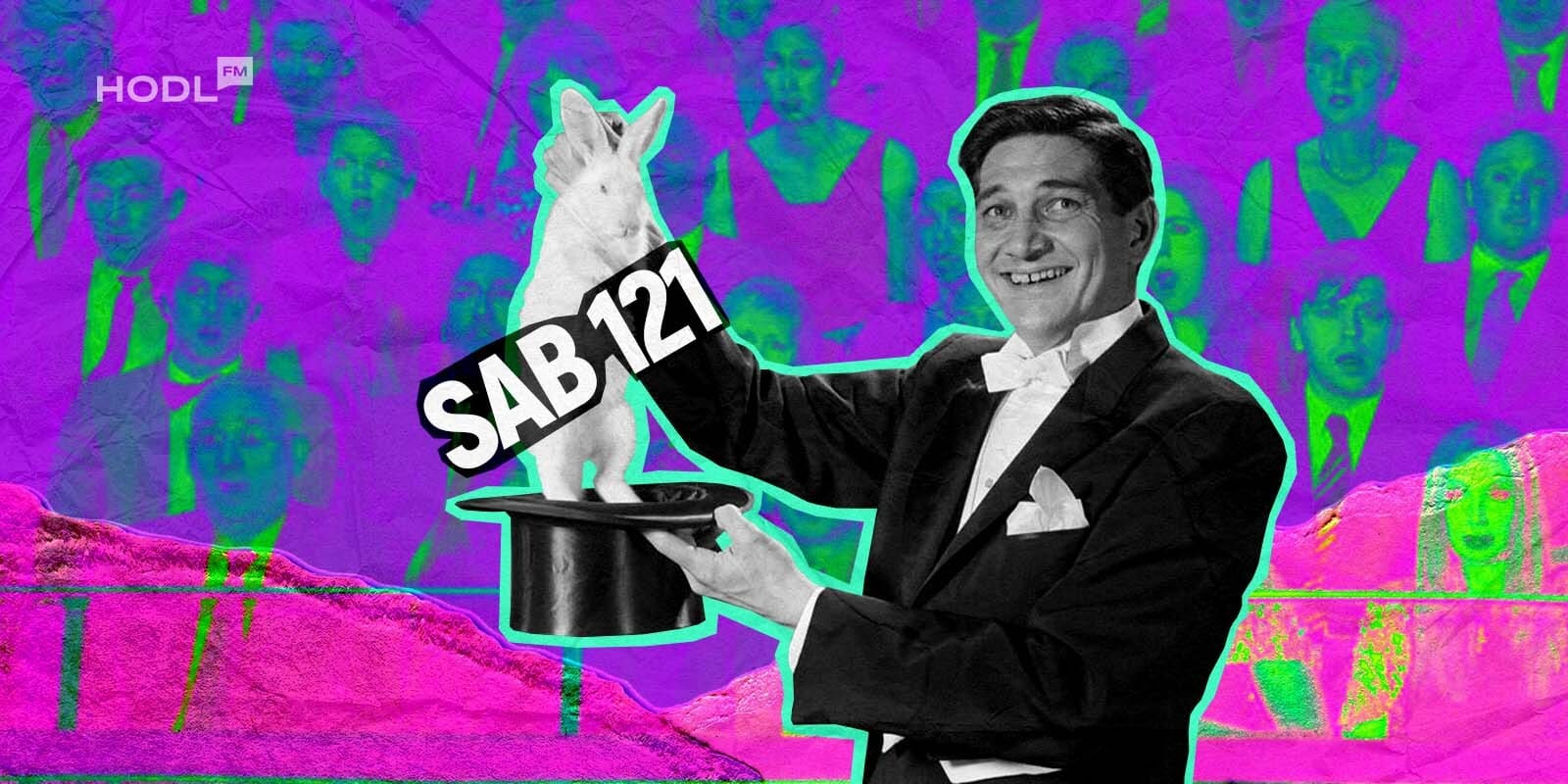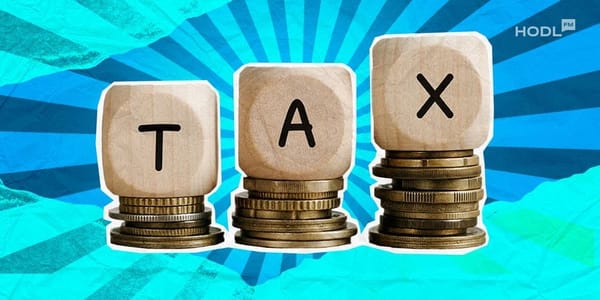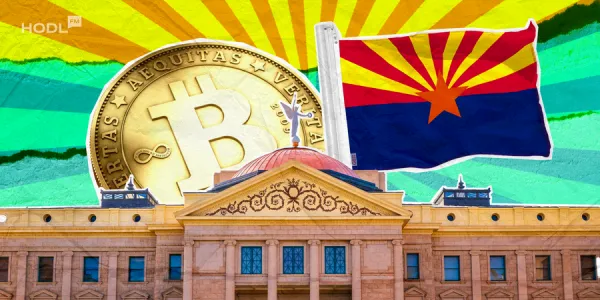Remember when Biden vetoed the SAB121 rollback? Well, it looks like we're in for a sequel—and this time it's got more twists. The U.S. House of Representatives is gearing up for a rematch against the President's veto pen. The plan is to overturn the Securities and Exchange Commission's controversial Staff Accounting Bulletin 121, hopefully.
Related: Ethereum Cashed in $2.7 Billion in Fees Last Year: Lookonchain
🚨 SAB 121 Update 🚨
— Perianne (@PerianneDC) July 8, 2024
The bill to nullify SAB 121 is back for a vote in the House this week after @POTUS veto on May 31st. This constitutionally mandated vote requires a 2/3 majority to override the veto. We need around 60 more House Democrats to support our bill to end SAB 121.…
Here's what you need to know:
- The House is set to reconsider a bill to overturn SAB 121 next week
- President Biden vetoed the original bill in May
- A two-thirds majority in both the House and Senate is needed to override the veto
- The vote could happen as early as Tuesday, July 9
- This is all happening just months before a crucial presidential election
First off, what's SAB 121? It's not the latest crypto token, that's for sure. Issued by the SEC in March 2022, SAB 121 is a piece of accounting guidance that's about as popular in the crypto world as a bear market. It essentially tells financial institutions that if they're holding crypto for customers, they need to treat it like it's their own on their balance sheets.
Now, you might be thinking, "So what?
It's just some accounting mumbo-jumbo, right?" Wrong. This little bulletin has been giving big banks more headaches, making it super hard for banks wot work with crypto companies.
The House and Senate Initially Passed a Bill to Overturn SAB 121.
But then, President Biden, channeling his inner crypto skeptic, vetoed the bill into oblivion. His reasoning? He doesn't want to "jeopardize the well-being of consumers and investors."
Now, the House is coming back for more. House Majority Leader Steve Scalise has penciled in the reconsideration for next Tuesday or later. It's like scheduling a rematch after a controversial boxing decision—everyone's watching to see if there will be a knockout this time.
But here's the kicker: to override Biden's veto, they need a two-thirds majority in both the House and Senate. That's a higher bar than getting consensus on a proof-of-work blockchain.
In the original vote, they fell short of this super-majority, with only 55.6% support in the House and 61.2% in the Senate.
If House Dems do not override the President’s veto on SAB121, they will lose the crypto vote in an already challenging election year. https://t.co/AGl1b8uW3N
— yuga.eth 🛡 (@yugacohler) July 5, 2024
So, what's changed since May? Well, for one, we're now even closer to the 2024 presidential election. With both Biden and Trump ramping up their campaigns, every move is under the microscope. The crypto issue has become an unexpected hot topic, with both candidates paying more attention to digital assets.
This vote isn't happening in a vacuum, either. The SEC's Office of Inspector General is investigating whether the agency crossed any lines when issuing SAB 121.
Meanwhile, the crypto industry is watching from the sidelines like fans at a championship game. They argue that SAB 121 is putting more hurdles in their path than a parkour course. Big names like BNY Mellon, State Street, and Nasdaq have reportedly been scared off from the crypto custody business because of this guidance.
On the flip side, supporters of SAB 121 argue that it's necessary to protect consumers and investors. They see it as a seatbelt for the crypto rollercoaster – maybe it's a bit uncomfortable, but you'll be glad it's there if things go south.
So, What Happens Next?
Well, if the House manages to rally enough votes to override the veto, it would be a bigger comeback than Bitcoin after the 2018 crash. But if they fall short, it might be game over for this round of the crypto regulation battle.
More Info: Ethereum Wants to Beat Bitcoin, Thanks to the SEC - K33 Research
The implications of this vote go beyond just the crypto industry. It's a:
- test of legislative power
- barometer for the upcoming election
- sign of how the U.S. might approach financial innovation in the future.
Disclaimer: All materials on this site are for informational purposes only. None of the material should be interpreted as investment advice. Please note that despite the nature of much of the material created and hosted on this website, HODL FM is not a financial reference resource and the opinions of authors and other contributors are their own and should not be taken as financial advice. If you require advice of this sort, HODL FM strongly recommends contacting a qualified industry professional.




